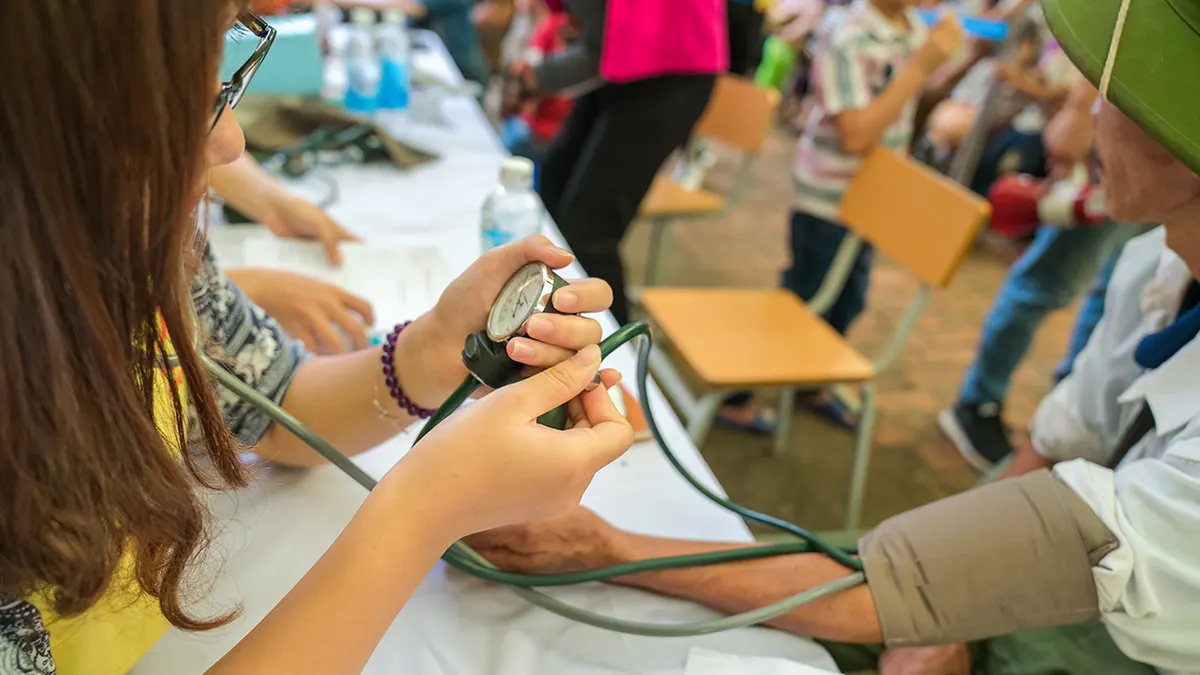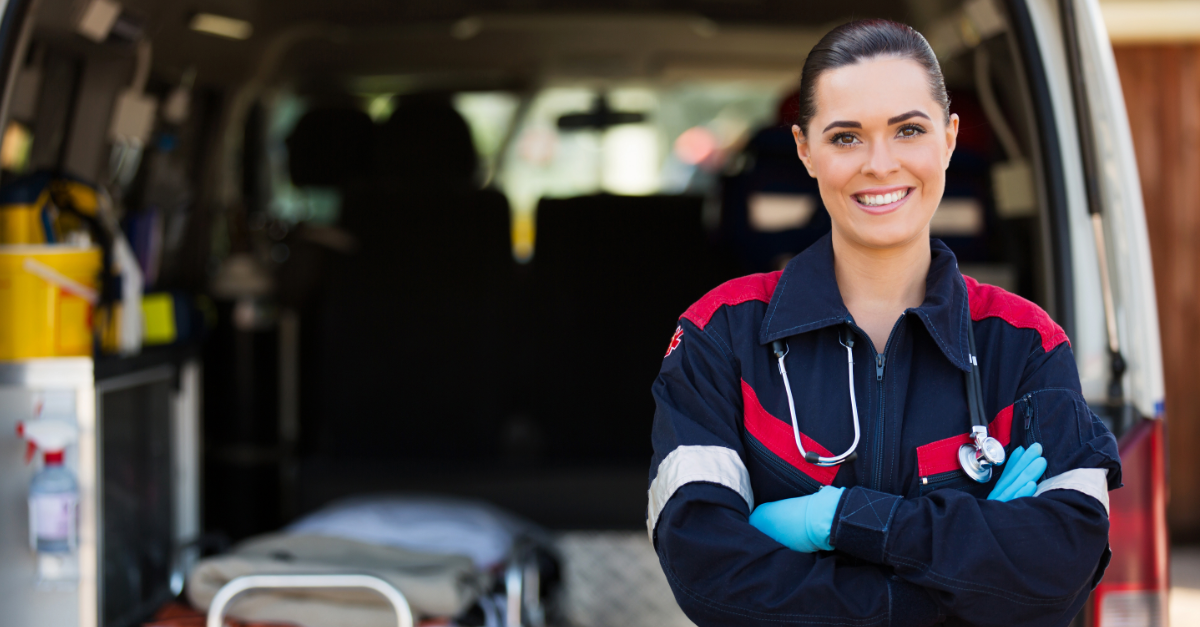You may have heard that there’s a “perfect formula” of undergraduate extracurricular activities sought by medical schools. Research experience? Check. Hospital volunteering? Check. A summer internship in a lab or clinical setting? Check.
While these endeavors might demonstrate your interest in and commitment to clinical medicine, the idea of selecting your extracurricular activities solely based upon this perfect formula ignores one key trait that medical school admissions committees are looking for in their applicants: authenticity. As you navigate your pre-medical years, you may be wondering how to cultivate a resume that evidences your investment in medicine but also leaves plenty of room for pursuing your other interests. The key to selecting your extracurriculars is to not treat these two intentions as mutually exclusive—medicine can overlap with your other interests (and vice versa). Check out these suggestions for choosing your undergraduate extracurriculars in a way that will please both you and admissions committees.













